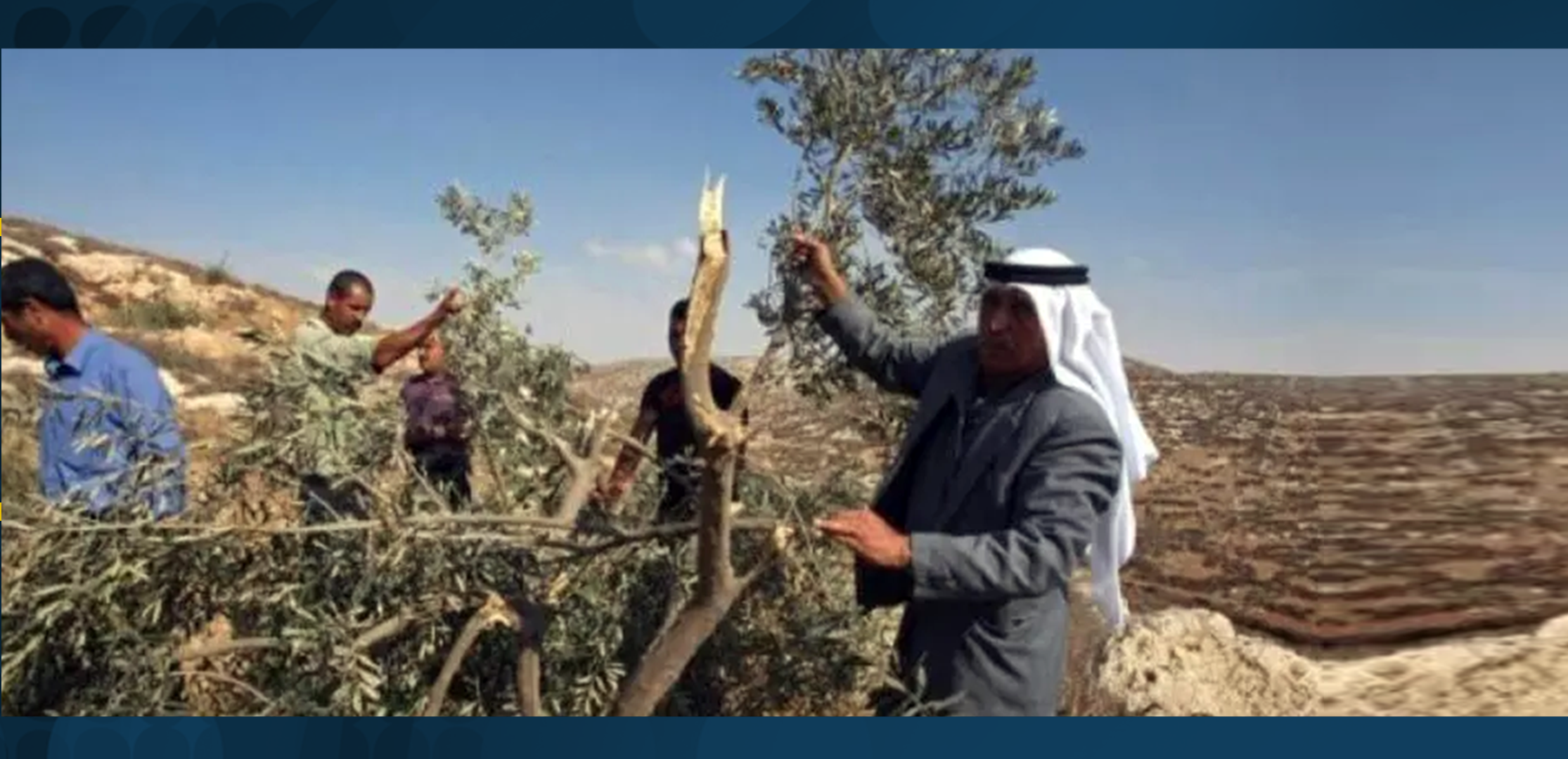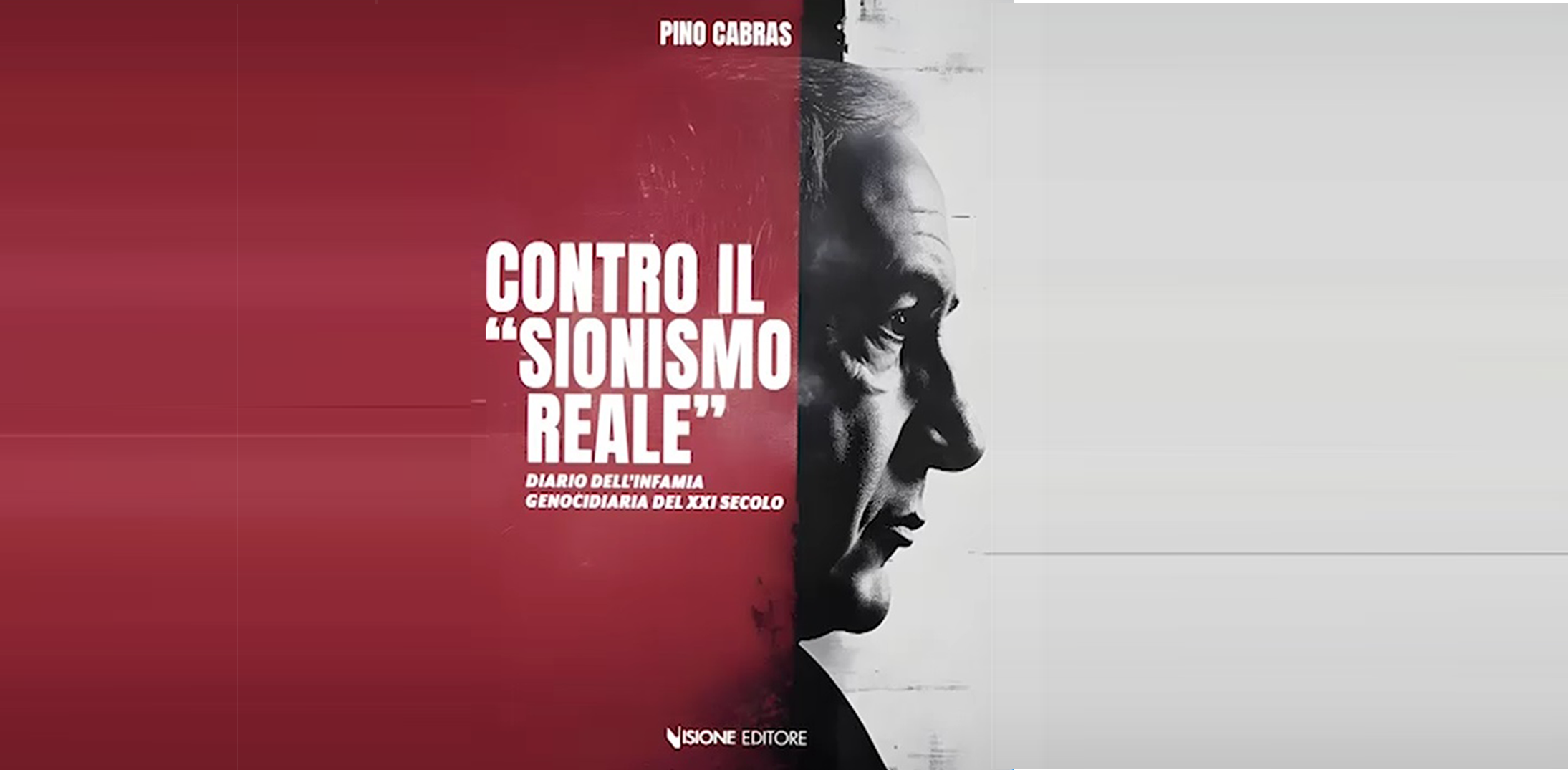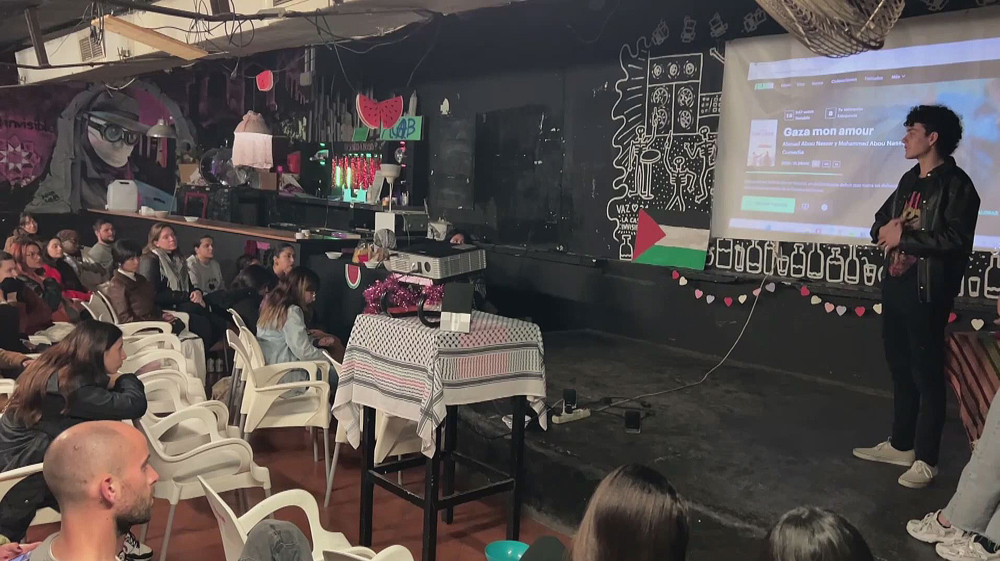French army totally expelled from Mali amid new era for Africa
Ramin Mazaheri
Press TV, Paris
The last French soldiers have left Mali, after being expelled by Bamako following nine years of unpopular war which has left Mali one of the poorest countries in the world.
As many as 2.5 million refugees have been created, thousands of civilians were killed and the politicians who initially colluded with Paris, widely accused of corruption, were ousted by popular anti-French protests in 2020.
The roots of the Mali conflict run deep, but they all feature French aggression. In 2011 Nicolas Sarkozy illegally dropped 40 tons of arms to help overthrow the Socialist People's Libyan Arab Republic, led by Muammar Ghadaffi. Those arms spread to northern Mali, where the nomadic Tuaregs used them in their conflict with southern Mali, which has existed ever since imperialist France drew Mali’s irregular, bow-tie shaped borders.
Paris alleged the Tuaregs were religious radicals, and in 2013 Francois Hollande invaded Mali, prior to receiving the approval of the United Nations.
Many alleged that uranium deposits, which keep French nuclear power cheap, gold mines and the desire to maintain the neo-colonial system known as “Françafrique” were the primary motivations for a war which would be dubbed “France’s Afghanistan”.
Many of France’s former colonies gained independence in the 1950s, but since 1960 France has had more than 50 military interventions in Africa.
The war killed 59 French soldiers, but French imperialism in Mali was citied repeatedly as justification in terror attacks in France which cost hundreds of lives.

Jenin's economy crushed by incessant Israeli military raids

Ex-Italian lawmaker's book exposes Israeli genocide in Gaza and media complicity

Spain’s Malaga screens film portraying Gazans’ resilience
Israeli drone strike hits southern Lebanon in new ceasefire violation
Iran reports substantial increase in trade with neighbors
Grand flop: How USAID bankrolled anti-Iran groups for botched ‘regime change’ plot
VIDEO | Jenin's economy crushed by incessant Israeli military raids
VIDEO | Ex-Italian lawmaker's book exposes Israeli genocide in Gaza and media complicity
Israeli military 'preparing offensive plans' in Gaza: Army chief
Iran, Lebanon FMs say ready to solve cancellation of flights
Explainer: What makes Iran's Hadid-110 kamikaze drone and sub-launched loitering munition unique?






 This makes it easy to access the Press TV website
This makes it easy to access the Press TV website